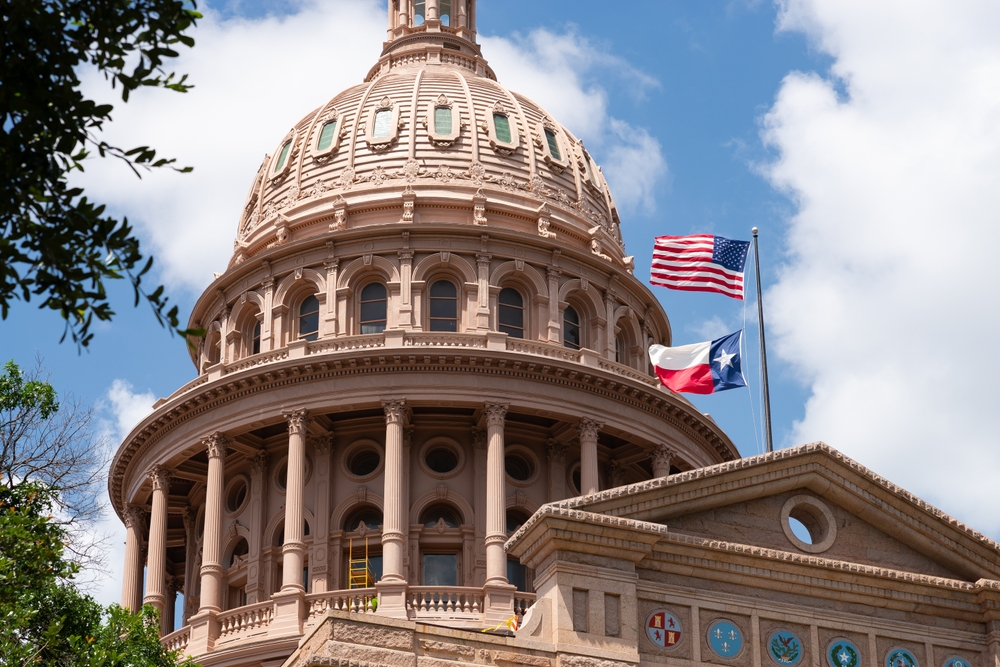Fox 7 in Austin reported back in June that Texas has passed a groundbreaking new law, Senate Bill 835, widely known as Trey’s Law—that voids non-disclosure agreements (NDAs) preventing survivors from speaking about sexual assault, abuse, or trafficking, effective September 1, 2025.
Named after Trey Carlock, a Dallas man who endured child sexual abuse at a Christian summer camp in Missouri popular with Texas families, and died by suicide in 2019 after being forced to sign an NDA, the law reflects a powerful shift. His sister, speaking during legislative hearings, described how NDAs silenced his healing and ultimately stole his voice.
The law passed unanimously in both legislative chambers and was quickly signed by Governor Greg Abbott, earning rare bipartisan support.
Trey’s Law bans all NDAs that conceal sexual abuse, from child abuse to human trafficking and sexual assault, covering both civil and criminal cases. The legislation is retroactive, meaning existing NDAs are assumed void unless a court issues a declaratory judgment to uphold them. Not only that, the Law protects settlement details and ensures survivors can freely speak about the abuse itself. The payment terms may stay private, but the abuse facts cannot be hidden.
Trey’s Law tackles the misuse of NDAs as tools for institutional silence. These legal agreements have historically prevented survivors from connecting, speaking up, or holding abusers and institutions accountable.
Survivor testimony was a critical driver of the law. For example, Cindy Clemishire, who accused Gateway megachurch founder Robert Morris of abuse, rejected an NDA decades ago and was ultimately able to see her attacker held accountable. Another survivor who refused an NDA described regaining control over his life: “I wasn’t able to keep my purity … but I was able to keep my voice.”
Experts and advocates agree this law sets a new standard for survivor rights nationally.
SB 835 builds on earlier state reforms like Tennessee’s 2018 law striking NDAs for child abuse and Missouri’s recent legislation. Texas now joins a growing movement affirming that survivor voices should never be silenced.
If you or someone you know is a survivor of Church-related or institutional sexual abuse, you deserve the freedom to speak and pursue justice without fear. To learn more about your legal rights and support options, visit our guide to filing a sexual abuse or assault lawsuit against an institution.
You can also start your free case review by filling out the brief form below.




